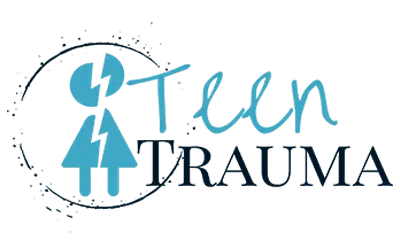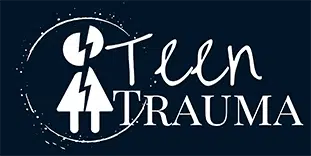Understanding the Pervasiveness of Trauma Among Teens
Traumatic experiences are common for both teenagers and children. According to the National Center for PTSD, as many as 43% of both boys and girls undergo at least one traumatic event in their lives. Many of these teens, unfortunately, develop PTSD. But there’s a connection many parents might not see: these traumatic experiences also significantly heighten a teen’s risk of developing a substance use disorder.
Childhood Trauma and Its Direct Link to Substance Abuse
Research by the National Institutes of Health reveals a direct correlation between traumatic events in childhood and substance use disorders in teens and young adults. Untreated trauma-induced changes in the brain make a teen more susceptible to substance use disorders and other mental health and mood-related disorders. This is vital information for concerned parents to ensure they provide the right help to their teens.
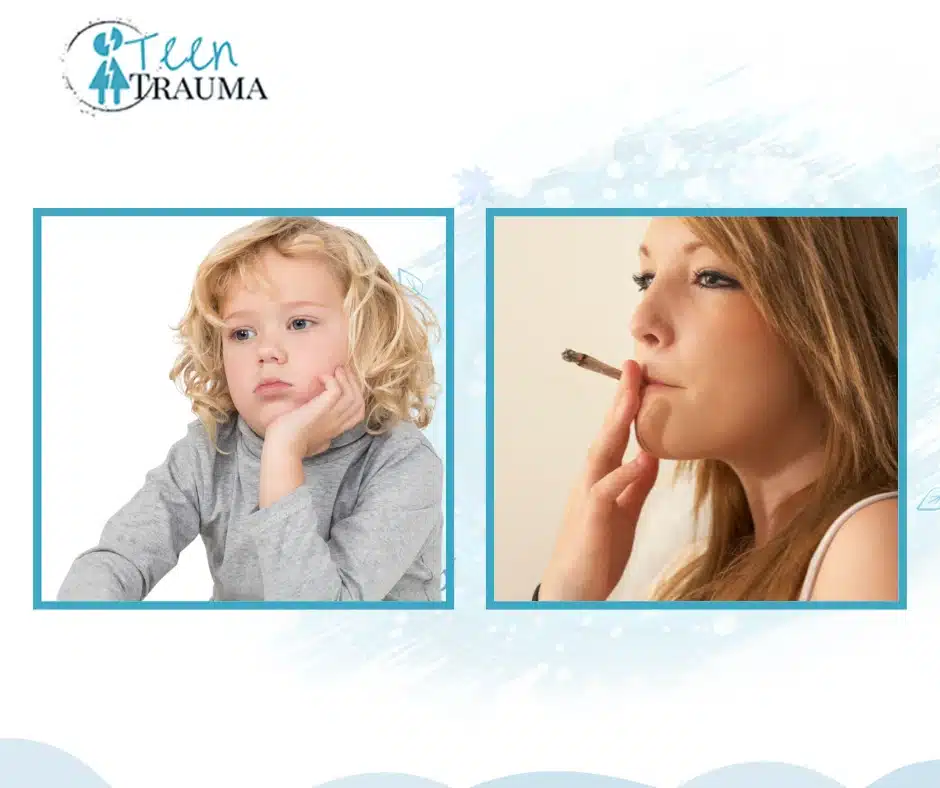
A Closer Look at the Data
Statistics surrounding both childhood trauma and substance abuse paint a clear picture:
- As many as 61% of individuals have endured at least one traumatic event during childhood.
- About 10% of children face mental health concerns necessitating professional care.
- In 2020, domestic violence incidents saw a 30% spike, with a significant portion witnessed by children.
- Over 21 million individuals require substance use disorder treatment annually.
- 60% of youths with depression remain untreated, putting them at heightened risk for substance use disorders.
- Childhood trauma survivors are 15x more prone to attempt suicide, 4x more likely to abuse alcohol, and 2.5x more likely to become smokers.
- Every childhood trauma incident increases early substance use risk by 2 to 4 times.
- Nearly two-thirds of IV drug users report traumatic events during childhood.
- 75% of those in substance abuse treatment recount traumatic histories.
- Between 12% and 34% of those undergoing substance abuse treatment suffer from PTSD.
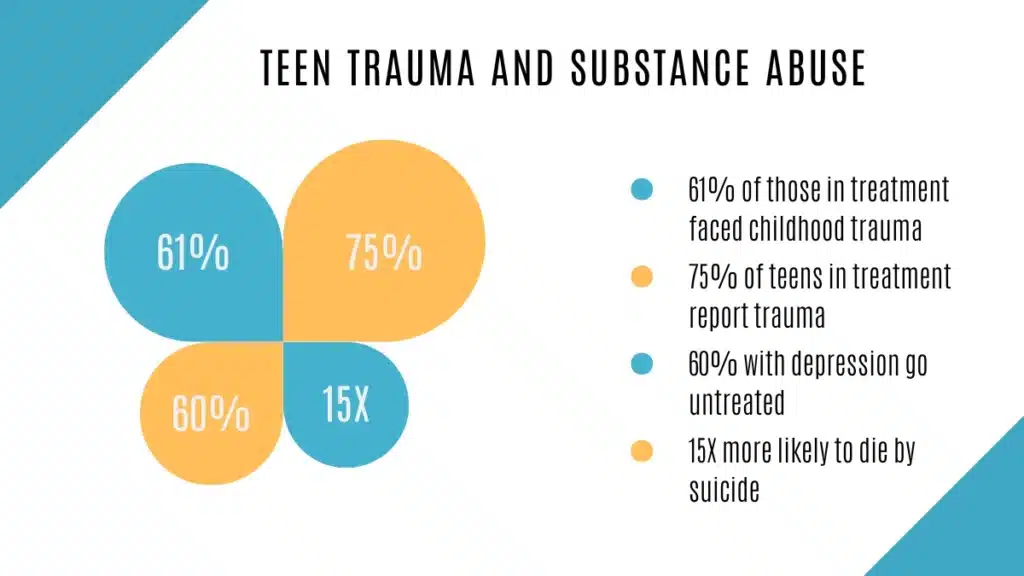
Decoding the Connection Between Trauma and Substance Abuse
When children and teens undergo traumatic events, their developing brains grapple with the ensuing stress. This can lead to PTSD and Acute Stress Disorder (ASD), resulting in dissociation, intrusive thoughts, and other negative mental health impacts.
Such symptoms can drive them towards substances, especially psychoactive ones, to mitigate stress effects. Initially effective, this approach can heighten the addictive nature of drugs or alcohol.
Furthermore, substance-using teens are more likely to experience trauma. The blunting effects of drugs and alcohol can cause impulsive behavior, potentially leading to another traumatic event. This is a core reason why the link between trauma and substance abuse remains robust.
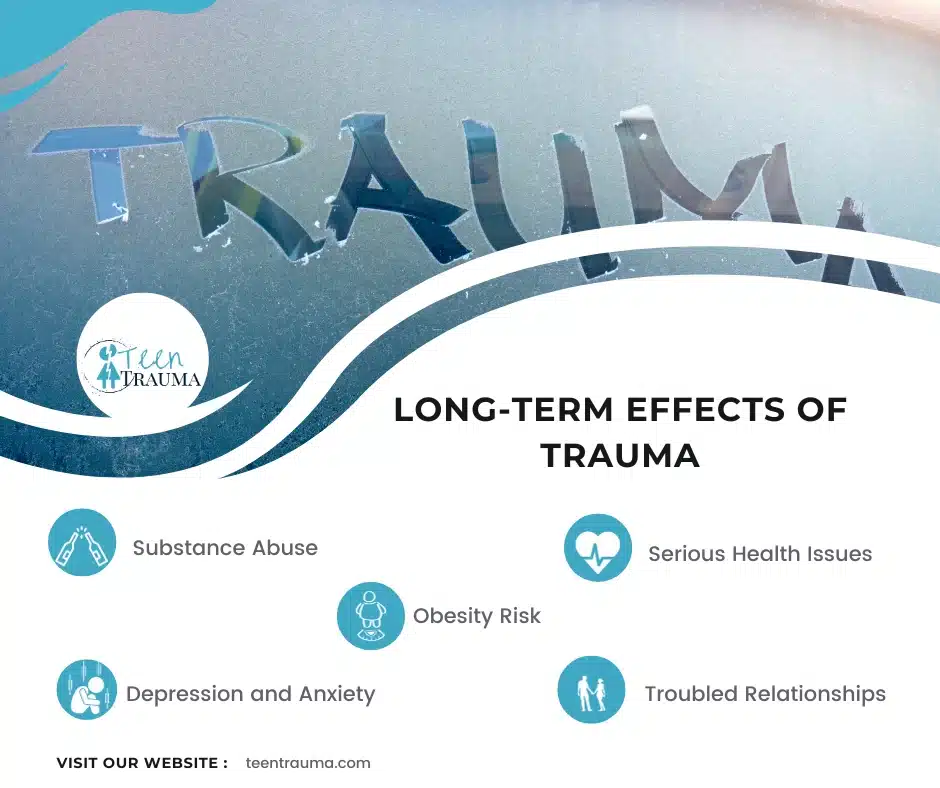
The Need for Trauma-Informed Treatment
For those teenagers battling substance abuse, help is within reach. Most find residential treatment optimal as it curbs access to drugs and alcohol, focusing entirely on healing. This, coupled with therapy and counseling, proves invaluable in breaking the addiction.
However, given the strong link between trauma and substance abuse, collaborating with a trauma-informed team is pivotal. The treatment should encompass both the substance abuse and underlying trauma.
For those unable to join a residential program, trauma-informed outpatient therapy proves beneficial. Nevertheless, the absence of residential program supervision often means that teens can still access drugs or alcohol, complicating treatment.
Parenting with a Trauma-Informed Approach
Beyond professional treatment, trauma-informed parenting can be instrumental in addressing teen substance abuse. Such parents understand trauma’s all-encompassing effects on a child’s life and behavior.
Recognizing that stern punishments can re-traumatize, they focus on healing instead of problem behavior. This active participation facilitates the child’s recovery journey from trauma and substance abuse. Moreover, they master ways to respond to negative behaviors without exacerbating trauma.
Refocusing on the Underlying Problem
Discovering drug use in your teenager is a harrowing experience, often accompanied by shame and frustration. Viewing this through the trauma lens can provide a fresh perspective, ensuring you seek appropriate treatment for your child. Always remember substance abuse often masks underlying trauma. Your approach can either re-traumatize or pave the way for healing.
For professional guidance, consider reaching out to a seasoned counselor. With the right support, your teen can overcome addiction and trauma. Remember, while trauma and substance use are intertwined, there are solutions for both.
Is your teen silently battling the shadows of trauma and addiction? Step forward into the light. Discover trauma-informed therapy and counseling to guide them back to a life of hope and healing.
